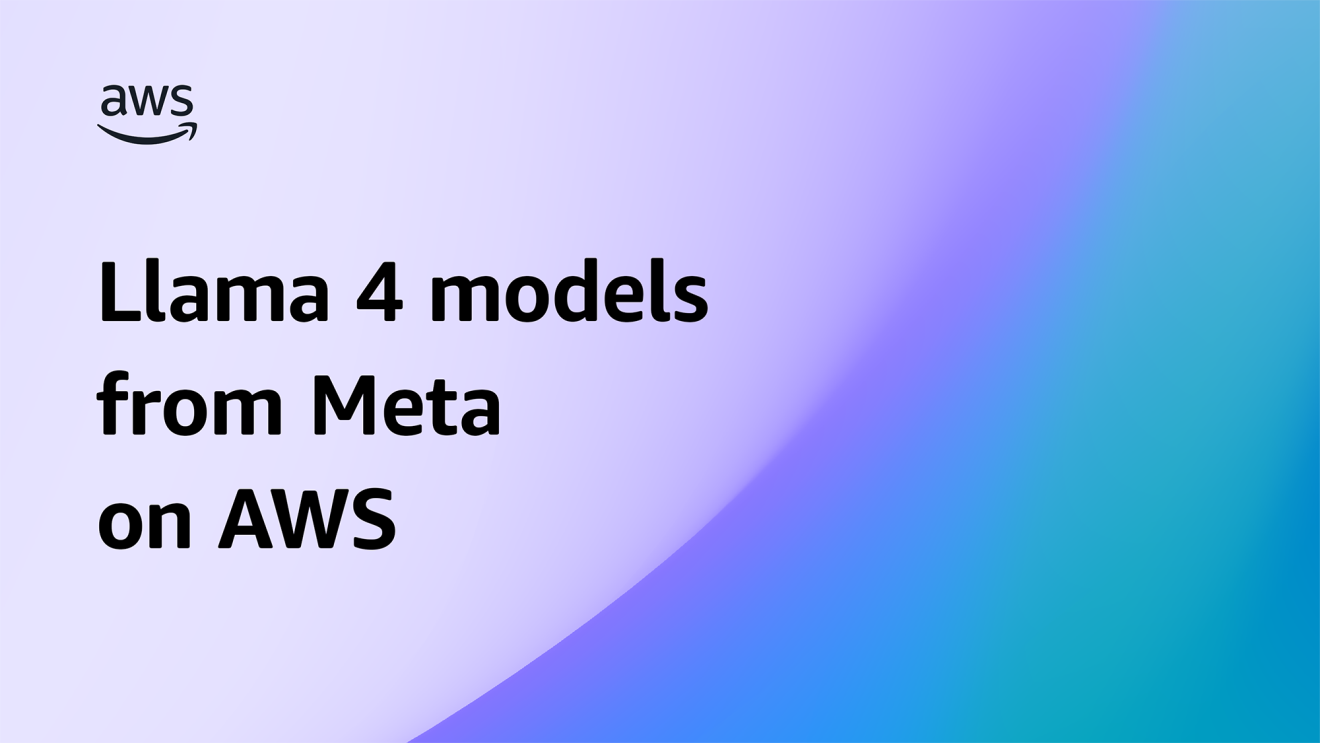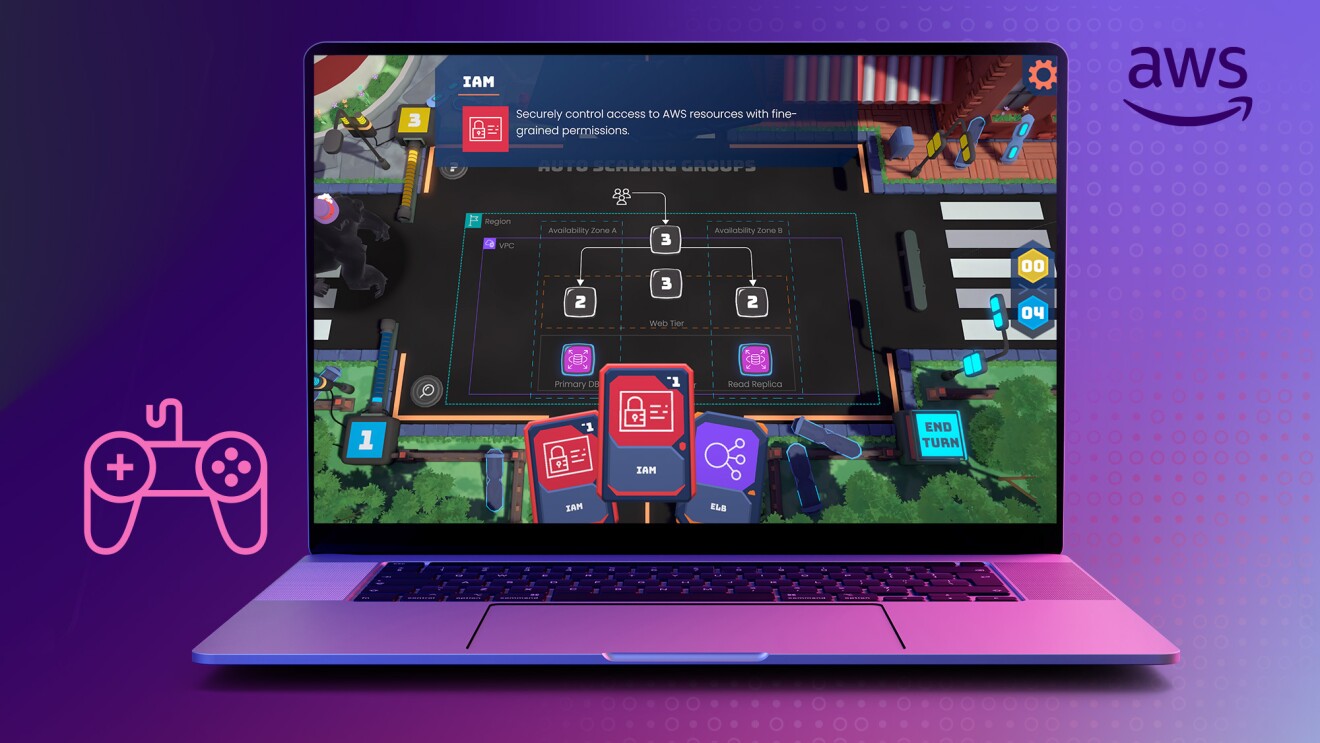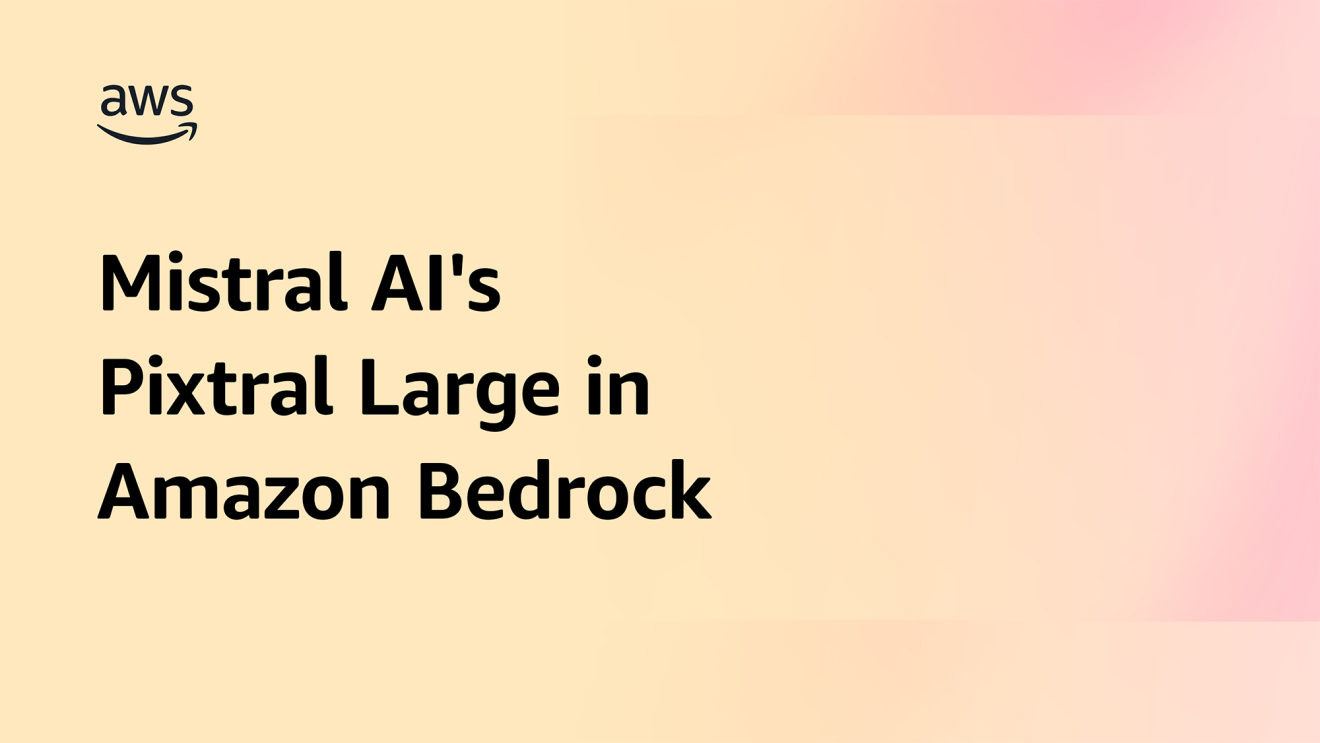The COVID-19 pandemic and accompanying lockdowns led to social isolation for people around the world. Adding to that, the pandemic’s ripple effects led to job loss, grief for loved ones lost to the disease, loneliness, and a host of other stressors that affected people’s mental health. Amazon Web Services (AWS) is providing its customers with the technical support to make mental health and wellness solutions more accessible.
According to a 2022 scientific brief from the World Health Organization (WHO), in the first year of the pandemic, anxiety and depression increased 25% globally. The brief also uncovered insights that the pandemic had a greater impact on the mental health of certain population segments—particularly young people and women.
In the brief, WHO Member States reported mental, neurological, and substance-use conditions—as well as life-saving mental health services like suicide prevention—as the essential health services most disrupted by the pandemic. Governments around the globe prioritized mental health in their COVID-19 responses—and continue to do so—but mental health is a critical issue that preceded the pandemic and will persist beyond it.
As the WHO brief notes, regarding the pandemic’s impact, many people “have sought support online, signaling an urgent need to make reliable and effective digital tools available and easily accessible.”
AWS customers span areas of focus from sustainability to small business tools and public services to mental health. They cover a wide range of sectors and focus areas, including innovating mental health offerings and expanding access for on-site and telehealth treatments, as well as other forms of wellness.
Calm
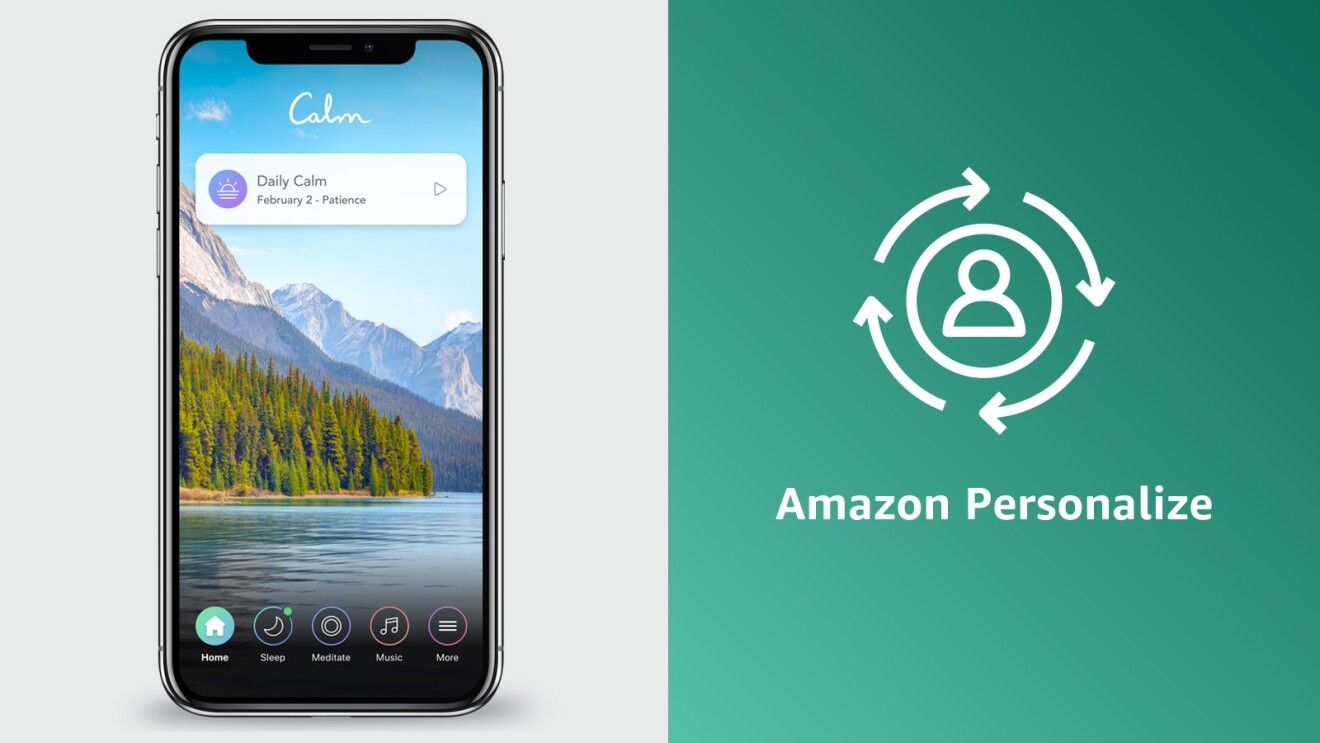
Calm is a top-rated sleep, meditation, and relaxation app, with more than 100 million global user downloads. The app uses AWS machine learning (ML) and application programming interfaces (APIs) to help communicate requests and responses, allowing Calm to generate tailored, quality recommendations to users.
Calm fosters relaxation by offering videos on mindful movement and gentle stretching, audio guides led by mindfulness experts, and audio and visual scenes from nature. Celebrities are getting on board, too, with celebs Lebron James, Harry Styles, and Ariana Grande contributing to Calm's content library.
The app uses Amazon Personalize—a platform that lets developers build applications with ML technology—to create recommendations that deliver customer-preferred content. Content generated by Amazon Personalize led to a 3.4% uptick in daily mindfulness practice among members of the Calm community, helping Calm to be named the 2017 Apple App of the Year.
Sound Off
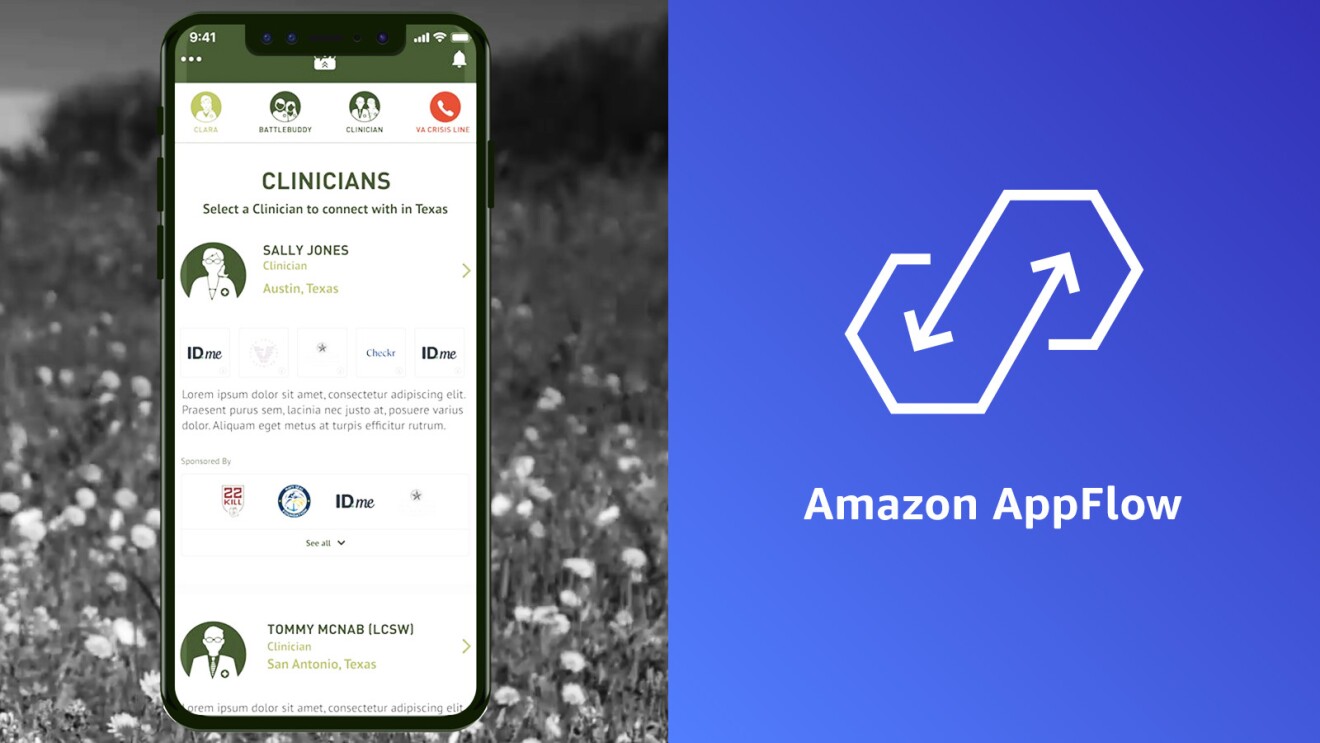
Sound Off is a telemedicine platform that connects veterans and armed forces members with clinicians and trained peers—the latter called "Battle Buddies."
Even pre-pandemic, veteran mental health care claims were surging, according to the U.S. Government Accountability Office (GAO), which oversees the Department of Veteran Affairs (VA). The GAO shared that between 2006 and 2019 the VA recorded a 90% increase in the number of veterans seeking mental health care. Following that trend, during the first eight months of the pandemic, the VA saw a 200% increase in telehealth visits for mental health.
William Negley, CEO of Sound Off, is a former CIA operative who lost a family member—who was also in the service—to suicide. In 2021, 47% of post-9/11 veterans and service members who meet the clinical criteria for major depression or PTSD did not seek mental health assistance in the previous year, according to Negley. Stigma and lack of anonymity are key barriers to seeking support.
Negley’s team countered stigma and addressed anonymity by making the Sound Off app completely anonymous—the app doesn’t capture user data. After months of research trying to connect Sound Off's database (hosted on Salesforce) with its backend system, they discovered Amazon AppFlow. The fully managed cloud service which facilitates secure data transfer between software as a service (SaaS) applications like Salesforce and Slack with AWS services like Amazon Simple Storage Service (Amazon S3) (for object storage) and Amazon Redshift (for data analysis), proved to be both scalable and affordable. Negley and his team of self-described "non-engineers" also found Amazon AppFlow easy to operate. Sound Off is expanding into a national network, using Amazon AppFlow and other AWS services, like Amazon CloudWatch (which provides data insights to monitor applications, respond to changes, and optimize resource use) and Amazon Elastic Compute Cloud (Amazon EC2) (which delivers resizable compute capacity in the cloud).
Springs
Springs is a company focused on sleep-comfort products and sleep health.
A study from Sleep Medicine—the official medical journal of the World Sleep Society and the International Pediatric Sleep Association—showed a potential link between sleep disturbances and higher levels of psychological distress. The study also showed that rates of anxiety and depression have significantly increased since the pandemic, indicating that a lack of sleep could be contributing to some of the mental health challenges many have faced in recent years.
With sleep as a cornerstone of its business, Springs is a multi-generational, family-founded Brazilian textile manufacturing company long known for its sleep-comfort products like mattresses and bedding. Building on its success, the company has extended its mission to sleep health. Innovating on AWS, Springs launched its first cloud-connected product with a sleep tracker that employs ML to glean data and patterns from a sleeper’s habits and shares them with the user. Springs' ambition is to create the most accessible embedded sleep-tracking device on the market, because better sleep can contribute to greater wellness.
To learn more about AWS customers pioneering and powering mental health and wellness solutions in the cloud, visit the Mental Health and Wellness Customer Stories and the AWS Customer Story Collections pages.
Trending news and stories





